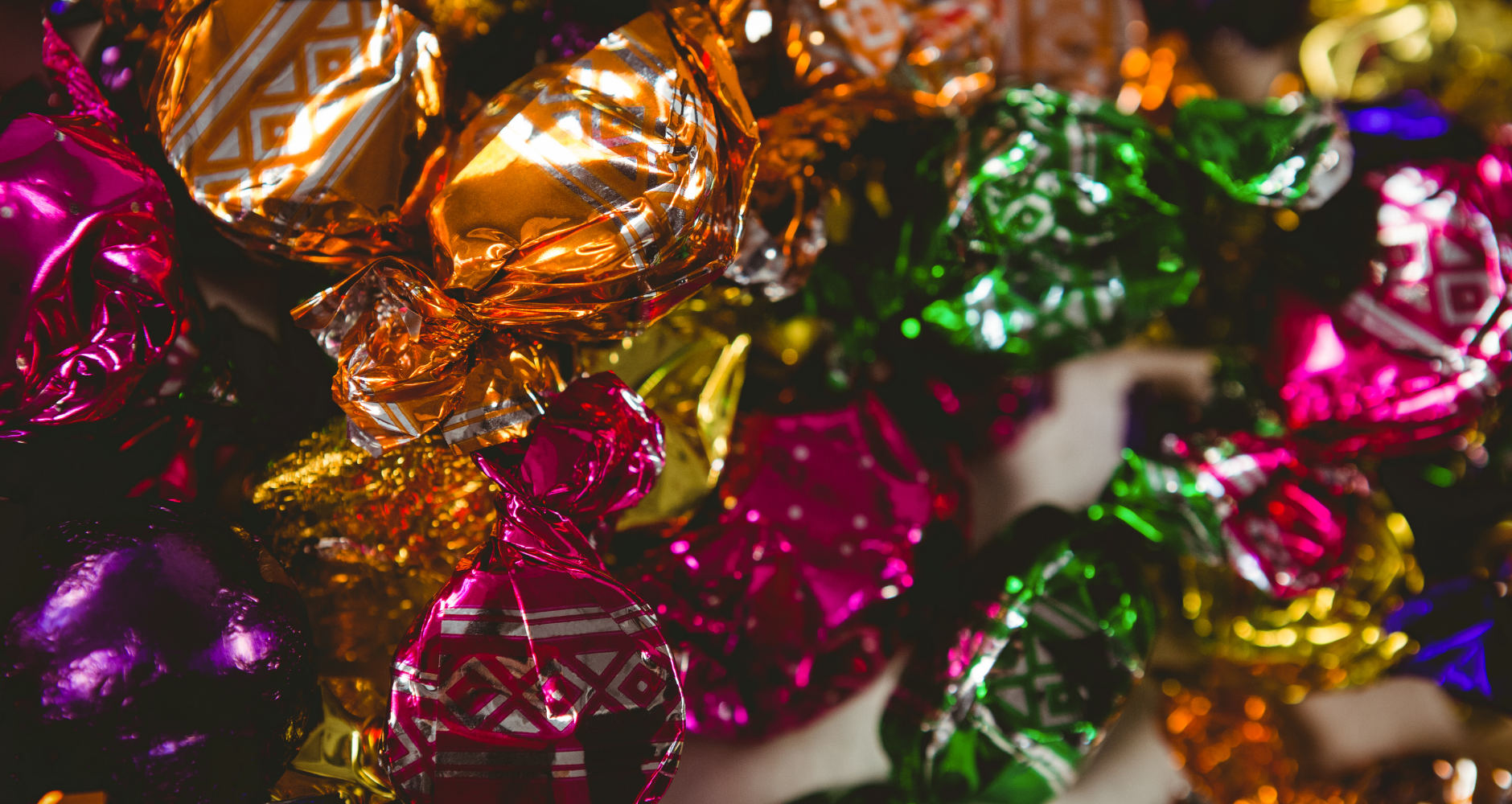6 Ways to Reduce Waste at Easter
Each year, the UK generates 8,000 tonnes of waste from Easter egg packaging and cards. As Easter weekend 2022 approaches, why not pledge to cut your waste this year? In case you’re struggling to cut back on excess plastic, food and packaging, we’ve come up with six simple tips to reduce waste this Bank Holiday weekend.
1. Make your own chocolate eggsDid you know only 38% of an average Easter egg box is actually made up of the chocolate itself? The rest is made up of foil, carboard and plastic, much of which is difficult to recycle, especially if it’s been contaminated by food waste or other materials.
To avoid unnecessary packaging, why not buy a reusable mould and have a go at making your own egg? These can be cleaned and used year after year for endless Easter treats.

Whether it’s bunting, baskets or bunny ears, good-quality Easter decorations and costumes can be reused for future celebrations. You may also be able to repurpose items already in the home, such as using a container instead of buying a new Easter basket.
If you really fancy a new look this Easter, why not swap decorations with friends or see what you can acquire second-hand? Alternatively, there are tons of zero-waste Easter decorations you could make at home, such as painted eggshells or bunting made from old sheets or scrap material.

A whopping 59% of Brits think Easter eggs are over-packaged and it’s no wonder when you look at supermarkets’ Easter aisles – not only are they stocked full of large eggs, but there are hundreds of individually wrapped Creme Eggs, Lindor Eggs, Oreo Eggs and more.
If you’re looking for ways to reduce Easter waste, be sure to avoid these packaging-heavy options and find bags of loose eggs instead. If using them for an Easter egg hunt, you can always pop loose chocolates inside a sandwich bag that can be washed out and reused. Alternatively, wrap the eggs inside some tissue paper, which can be recycled or composted if kept clean.

We all love sending and receiving cards. In fact, Brits sent over 800 million of them in 2020! The sad fact is, most of these will eventually end up in the bin and many can’t be recycled. If you plan on sending Easter cards this year, why not find an e-card alternative to reduce waste? There are plenty of cards available online, or you could design your own for an extra special touch.
If you’re set on sending a physical card, why not make your own from surplus materials? That way, you’re using up waste and can ensure only recyclable materials are used.

From chocolate eggs to roast lamb, we all love Easter food, but don’t let this lead to overbuying. Although you can recycle most surplus food by popping it in your food caddy, recycling still requires energy and resources, so it’s best not to buy in excess in the first place.
If you end up with leftovers from your Easter roast, why not use them up in a sandwich or salad? And if you find extra Easter eggs around after the Bank Holiday weekend, we’d recommend baking them into cakes, cookies and brownies for some additional seasonal treats.

If you’ve been gifted daffodils or other Easter flower, be sure not to add them to your general waste bin. Dead and dying flowers can be ripped up and thrown on your compost heap for extra nutritious soil improver.
If you don’t have a compost bin but you are feeling creative, you could always press the petals and frame your flowers for year-round colour on the walls! As a last resort, pop them in your garden waste to be composted by your local authority.



